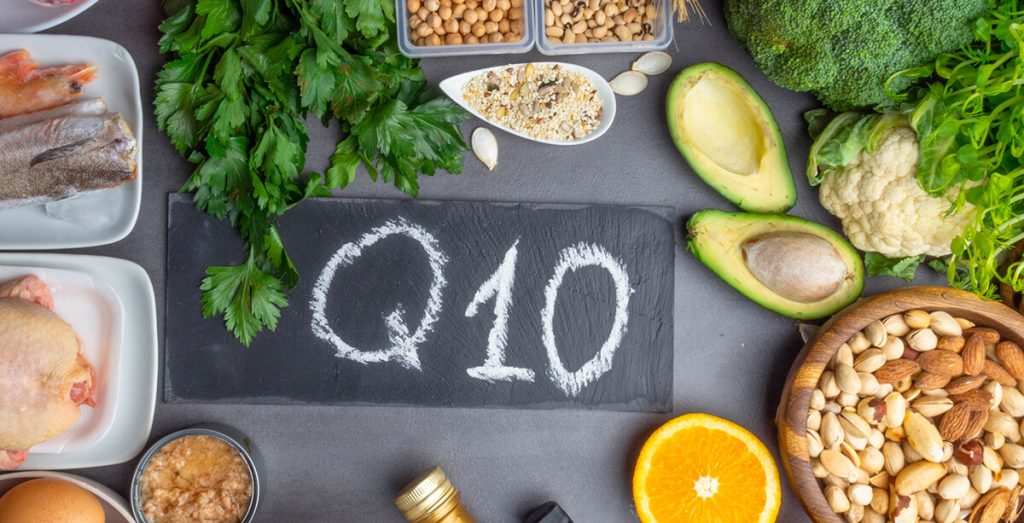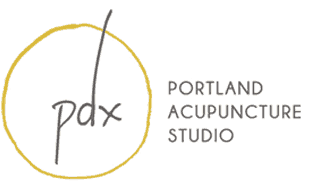
Much has been said about CoQ10 and fertility. But what is it and how does it help? As always, we have the info you need.
Coenzyme Q10 is a molecule found in every cell. Your body uses it to help generate the energy required for life. As we age, our CoQ10 levels drop, which makes processes that require a lot of energy (e.g., making eggs and sperm) more difficult. When eggs divide for the first time in a process called meiosis, it takes a lot of energy to get the division right. When it doesn’t happen correctly, the eggs may have too many or too few chromosomes, leading to genetic abnormalities.
CoQ10 is also a powerful antioxidant, which means it helps clear out damage from something called oxidative stress. Oxidative stress is caused by such things as pollution, inflammation, stress, and cigarette smoke, and happens when the balance between elements that influence cellular health is disrupted. When this important balance is off, cells can be more easily damaged and age more quickly.
As you might have heard, CoQ10 comes in two forms: An oxidized form (ubiquinone) and a reduced form (ubiquinol). Your body changes one to the other, as needed, so it doesn’t matter much which form you take. What matters more is that you absorb sufficient quantities of it.
Some preparations are easier to absorb than others. For example, the powder-filled capsules are more difficult to absorb compared to oil-filled gel caps. Be sure to read about the manufacturing process for the supplement brand you’re considering to see if they provide absorption information.
Not only can the quality of eggs get better with more CoQ10, but research shows that people undergoing an egg retrieval cycle for IVF may require fewer medications, retrieve more eggs (and higher quality eggs), and have a higher chance at pregnancy and live birth. There is some research indicating that CoQ10 can be useful to support pregnancy health, as well, in cases of recurrent miscarriage or a history of preeclampsia.
Good news! It helps sperm too. Research shows that CoQ10 can also help male-factor infertility by improving sperm motility, morphology, and concentration.
The increase in cellular energy from CoQ10 helps with sperm count too. As with eggs, CoQ10 can help prevent oxidative damage to the DNA in sperm, for stronger, more fertile swimmers.
As with any supplement, there are some contraindications and side effects. Some people experience digestive disturbance with CoQ10, (like heartburn, nausea, diarrhea), poor sleep, headache, or fatigue.
CoQ10 may lower high blood pressure, so caution is warranted in people with already low blood pressure. As always, consult with your health care provider before starting a new supplement.
Ready to Explore CoQ10 and Fertility? Schedule Your Consultation
For guidance around CoQ10 and other supplements to support your fertility, contact us to set up a consultation.
Established patients can schedule online, patients who haven’t seen us at Kwan Yin Healing Center call (503) 701-8766, or email us to schedule your appointment.




